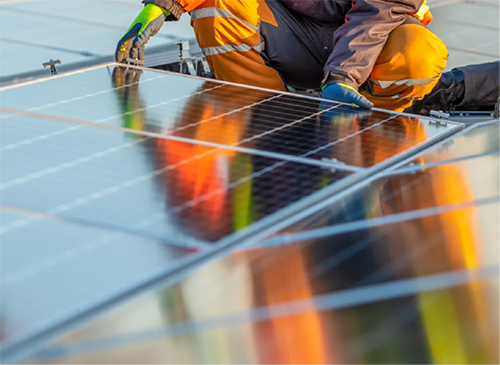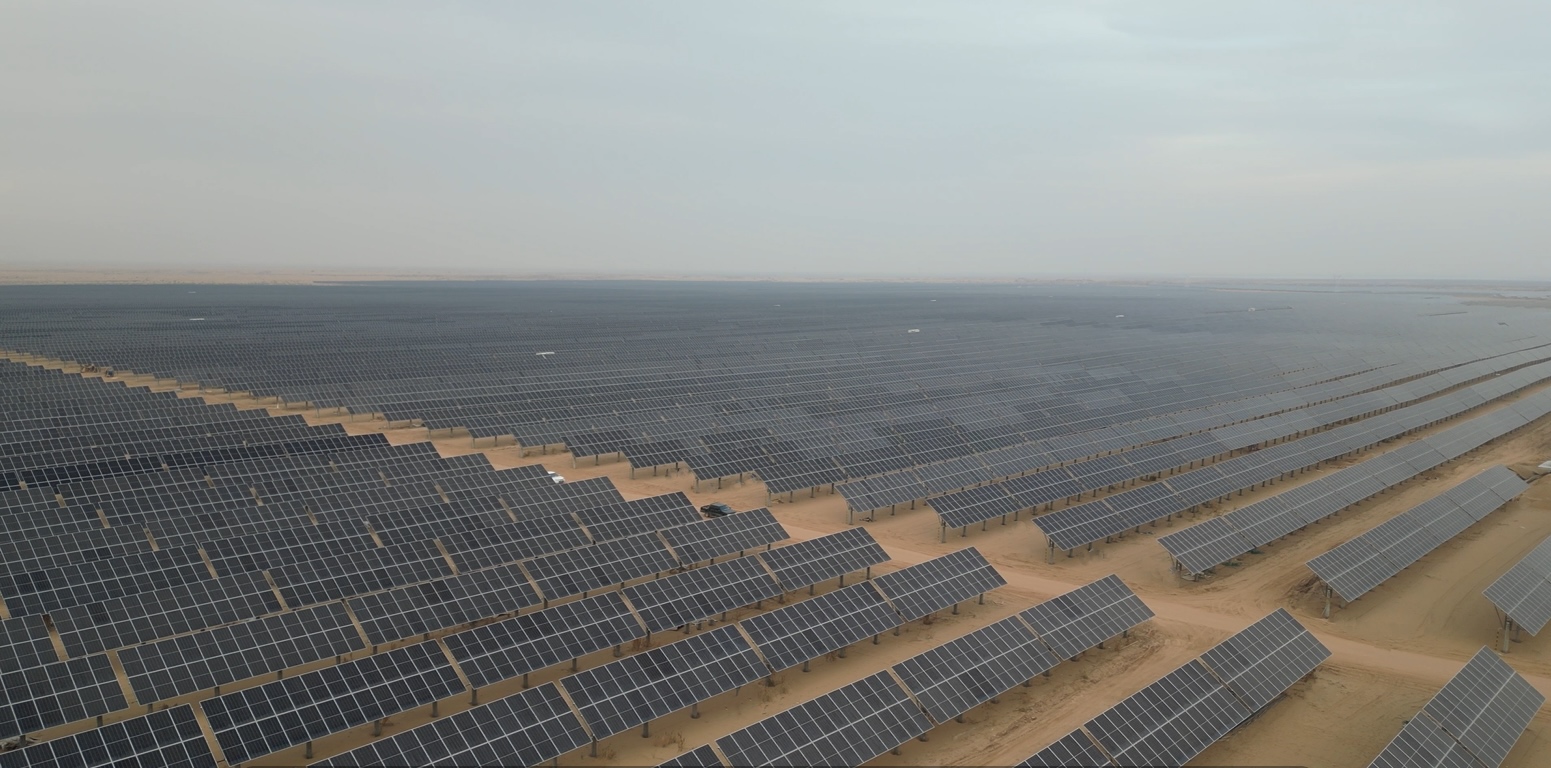Solar Carport Considerations
Calculating what a solar carport might cost involves a number of variables, including how many cars you want to cover, whether you buy a kit, do it yourself, or have it installed, and other factors.

Size
The average American midsize passenger vehicle measures 15-by-6 feet while the average residential solar panel is 5.4-by-3.25 feet. Using back-of-the-napkin math, a residential carport large enough to cover two parked cars might require 20 to 24 solar panels. Solar panels can weigh on average roughly 40 pounds, so a solar carport frame with 20 panels must be able to support up to 800 pounds or more.
Output
With an average residential solar panel capable of producing 270 to 300 watts, a 20-panel system could output between 5.4 and 6 kW, while a 24-panel system could produce between 6.4 and 7.2 kW. Depending on the efficiency of the panels and how much sun they get, that could be enough to supply the average American household’s annual electricity consumption.
Cost
According to the most recent data from the National Renewable Energy Laboratory, the cost of an installed 22-panel residential rooftop solar system was $2.71/watt, meaning the cost of the installation of a solar carport might range from $14,600 for a 5.4 kW system to $19,500 for a 7.2 kW system.
These costs, however, are for rooftop solar systems, which are more complex to install. A simpler solar carport might be significantly less, but since data about solar carport installations is not available without getting a quote from a specialized installer, the cost is harder to calculate.
Solar carports may be eligible for financial incentives, such as federal credits and state or utility rebates. Currently, the federal tax credit is 26% and is set to expire in 2024, though this may change with new federal legislation. Should you qualify for it, a full federal tax credit would reduce the price of a $15,000 system to $11,100.
Installation

The process of installing panels is not that complicated, though there are some important considerations.
A DIY project could cut costs significantly: the cost of the panels alone could be from $3,750 and up for a 20-panel system and $4,450 for a 24-panel system. Even adding the carport frame, racking materials, wiring, permitting, and other costs, a DIY project may result in significant savings. SolarReviews estimates that a DIY solar carport may cost between $5,000 and $14,000.
An installer specializing in rooftop solar systems can install a carport for you, but note that roughly two-thirds of the cost of a solar installation comes in “soft costs” such as design, permitting, inspections, and labor. Depending on the scale of your project, it may be more economical to stretch the soft costs over a combined solar carport and rooftop system to get more return for your investment.
Because of their unique configuration, it may be less expensive to work with a company that specializes in both standard-sized and customized solar carport installations. Still, other companies offer solar carport kits for homeowners or businesses to install themselves.
If you have the right DIY skills to install a support structure upon which you affix solar panels, and with the help of a licensed electrician, you can build your own solar carport. Just make sure you follow all applicable building codes.
Is It Worth It?
$15,000-$20,000 sounds like a lot of money just for a carport, but keep in mind that the payback for solar systems can be as short as 5 years in some states, depending on the amount of sun you get, any federal or state incentives, your state’s net metering program, and other factors.
The average payback time is 7 to 12 years.That means your home has free electricity for the rest of the time you own the house—and if and when you do sell it, you’ve increased the house’s value. Or, to look at it another way, once the panels have paid for themselves, you have free fuel for your electric car for as long as you own the car.






